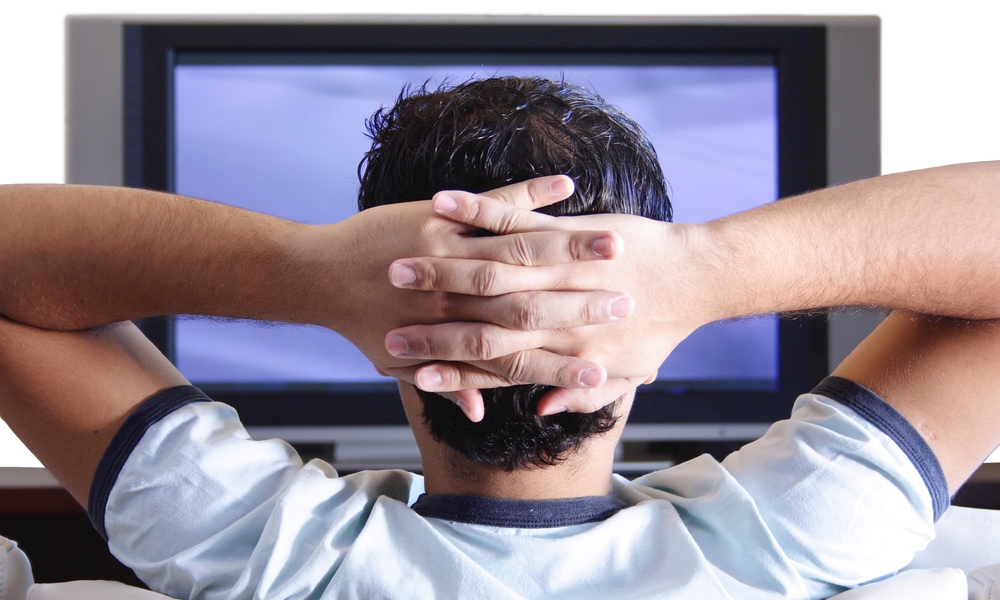You might want to take a walk or stretch when bingeing "Bridgerton." And go light on the potato chips. That’s because your risk of developing a blood clot, known as a venous thromboembolism (VTE), goes up the longer you sit and watch.
The team of researchers, led by scientists from the United Kingdom, has found that people who watch TV for four or more hours per day have a 35 percent increased risk of having a blood clot compared to those who watch TV for two-and-a-half hours or less a day.
One possible reason for the link between increased VTE risk and prolonged TV viewing, the researchers suggest, is the fact that people watch TV in cramped positions, which can promote the formation of venous thromboembolisms. TV-watchers also tend to eat very salty or very sweet snacks while watching, and this likely also contributes to VTE.“If you are going to binge-watch TV, you need to take breaks.”
None of the more than 131,000 participants included in the studies in the analysis had a history of VTE, and all were 40 years old or older. “Combining multiple studies in a meta-analysis provides a larger sample and makes the results more precise and reliable than those of an individual study,” Kunutsor, a senior lecturer at the University of Bristol, explained.
The association between TV time and VTE risk was independent of age, gender, body mass index and physical activity levels. So even being physically active did not completely eliminate the increased risk of blood clots, explained Kunutsor.
People in the studies responded to questionnaires asking how much time they spent watching TV. They were categorized as never or seldom TV watchers if they watched less than two-and-a-half hours a day; or prolonged TV watchers if they watched four or more hours a day. The follow-up period for each study was between five and 20 years. By the end of these follow-up periods, 964 participants experienced VTE.
The studies included in the analysis were observational and could only show an association; they did not prove prolonged TV watching causes VTE or why this might occur. More large studies are needed to better understand the association between TV viewing and VTE.





